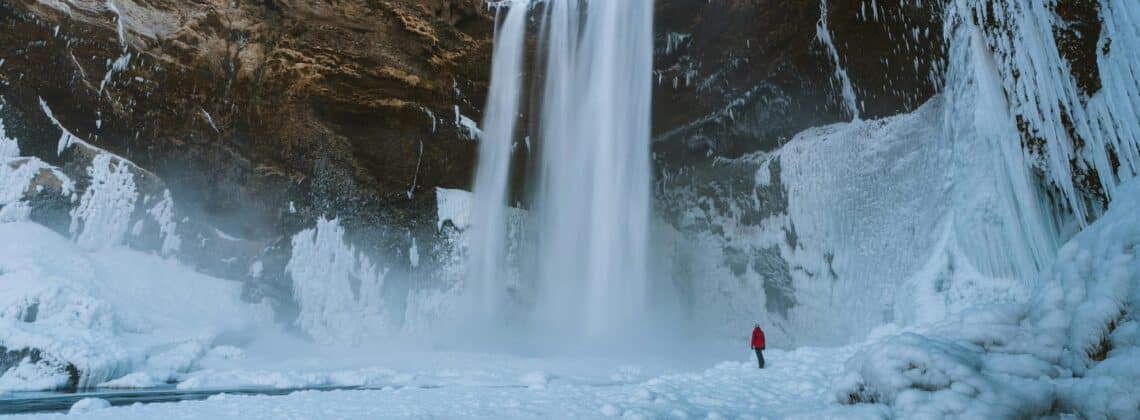
Iceland has some of the most stunning landscapes in the world, making it a bucket-list destination for travelers. As a world-traveler who has visited Iceland, I would recommend that people should visit. However, many have concerns about recent volcanic activity.
In this blog post, I will answer the question “Is it safe to travel to Iceland right now?” Let’s dive in.
Is Iceland a Safe Country?
Iceland consistently ranks as one of the safest countries in the world. The nation boasts low crime rates, well maintained infrastructure, and an effective Iceland Association for Search and Rescue. Visitors can feel safe during their stay.
However, like any travel destination, it’s essential to exercise common sense and stay informed about local laws and customs. Monitor local media for any updates during your trip. Weather conditions can change rapidly, which can impact travel plans.
Volcanic Eruption and Earthquakes In Iceland
Iceland, located on the Mid-Atlantic Ridge, is one of the most active volcanic regions in the world. The country’s unique position makes it a hotspot for seismic activity, including earthquakes and volcanic eruptions. Recently, the Reykjanes Peninsula has experienced heightened volcanic activity, with lava flowing and eruptions occurring sporadically. Icelandic authorities closely monitor these events.
Visitors to Iceland should stay aware of the current status of volcanic activity and avoid eruption sites. The Icelandic Meteorological Office provides real-time updates on seismic activity and safety recommendations.
Tourists should download the SafeTravel Iceland App for essential safety information. The app directs users to call 112 (the emergency number) if needed.
Current Travel Advisory
This is the current travel advisory for Iceland in light of the recent eruptions:
On March 16th, 2024, an eruption started north of the town of Grindavík and is still active. Roads to the town are closed to all traffic except for inhabitants, employees, and response units. Hiking in the area is prohibited and people should avoid this area.
Keflavik International airport and the surrounding roads remain unaffected by the eruptions. Reykjavik (the capital city) and the rest of Iceland also remain unaffected. However, the likelihood of eruptions in the Reykjanes peninsula in the south-west remains high.
Follow Harry Paul-Emile’s blog for more travel tips, advice for property managers, and more.
Leave a Reply